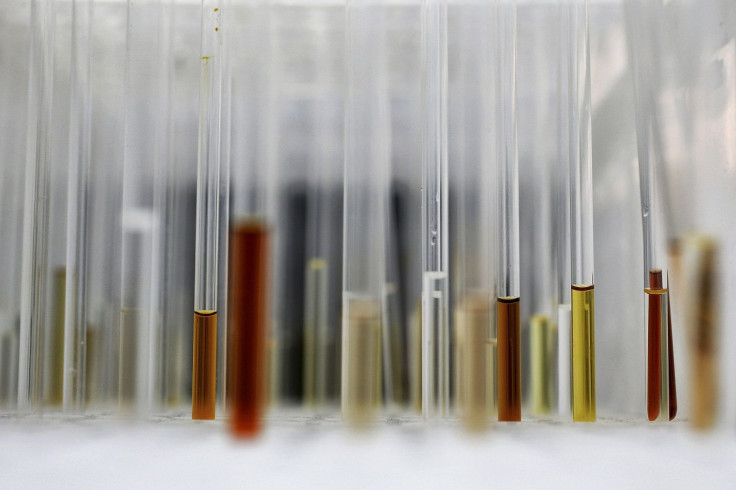Lab-on-a-chip offers cheap alternative to medical diagnostics tests

A novel device that can significantly lessen the cost of sophisticated laboratory tests for medical disorders and diseases such as HIV, Lyme disease and syphilis have been developed by engineers from Rutgers University in New Jersey. Dubbed “ELISA-on-a-chip” which means enzyme-linked immunosorbent assay, the device uses miniaturised channels and valves to replace benchtop assays, or tests that require large samples of blood or other fluids and expensive chemicals manually mixed in trays of tubes or plastic plates.
In addition to making medical diagnostic tests more affordable for patients and researchers, the ELISA-on-a-chip can perform complex analyses using 90 percent less sample fluid than needed in conventional tests. The Rutgers breakthrough, which employs microfluidics technology, automates much of the skilled labor involved in performing tests. According to Mehdi Ghodbane, who conducted the study with six other Rutgers researchers, the device’s main advantage is cost since these assays are done in labs and clinics everywhere.
Ghodbane says since the device only requires one-tenth of the chemicals used in a conventional multiplex immunoassay, the lab-on-a-chip opens new doors for research. “A great deal of research has been hindered because in many cases one is not able to extract enough fluid,” reveals Ghodbane, who presently works in biopharmaceutical research and development at GlaxoSmithKline. To date, animal research on central nervous system disorders, such as spinal cord injury and Parkinson's disease, has been limited because researchers could not extract sufficient cerebrospinal fluid to perform conventional assays. The discovery could also lead to more comprehensive research on autoimmune joint diseases such as rheumatoid arthritis through animal studies.
Ghodbane’s adviser, Professor Martin Yarmush, claims that the results are as sensitive and accurate as the standard benchtop assay. “With our technology, researchers will be able to perform large-scale controlled studies with comparable accuracy to conventional assays,” he says. The team also has combined several capabilities in a single device, which analyses 32 samples at once and can measure widely varying concentrations of as many as six proteins in a sample. The team is already exploring the commercial potential of their study, which they published in the Royal Society of Chemistry’s journal, Lab on a Chip.
In August 2015, researchers from Pennsylvania State University have developed a low-cost lab-on-a-chip device to analyse sputum from patients with pulmonary diseases such as tuberculosis and asthma. As the first on-chip sputum liquefier developed so far, the device addresses several issues with the current standard method for sputum analysis such as safety in handling contagious human specimens.
Contact the writer at feedback@ibtimes.com.au or tell us what you think below.






